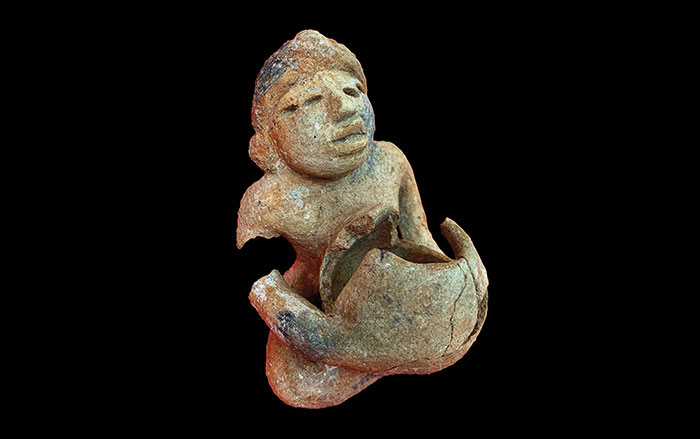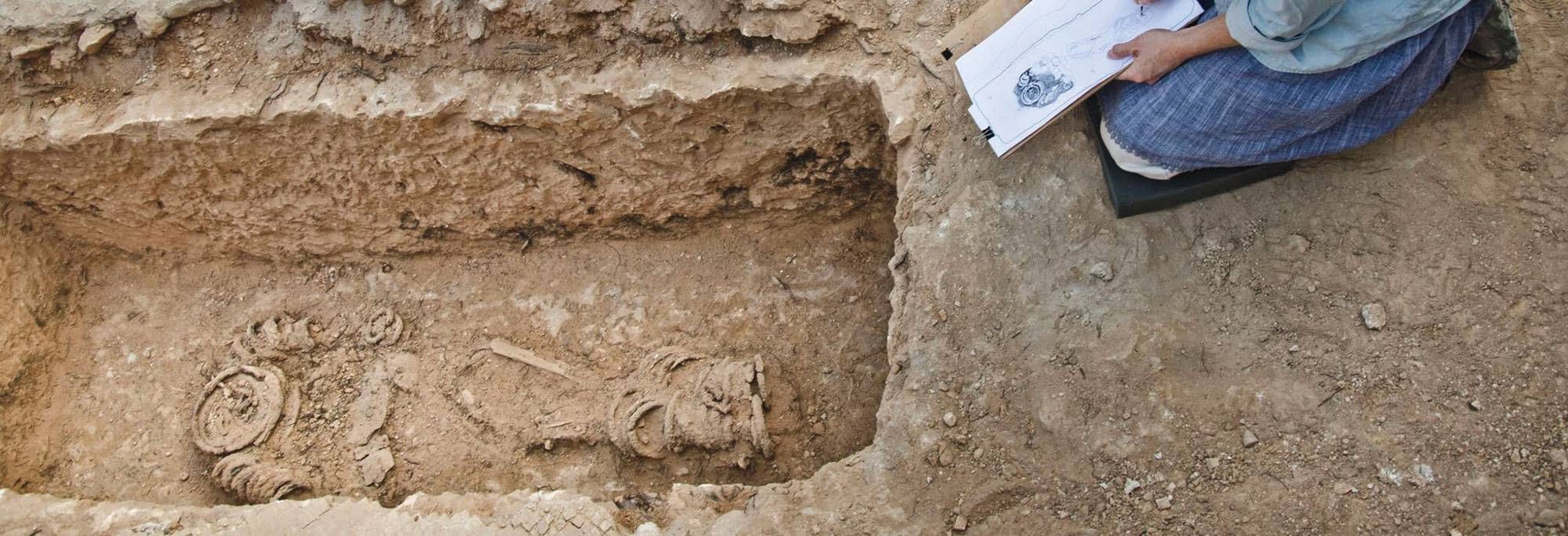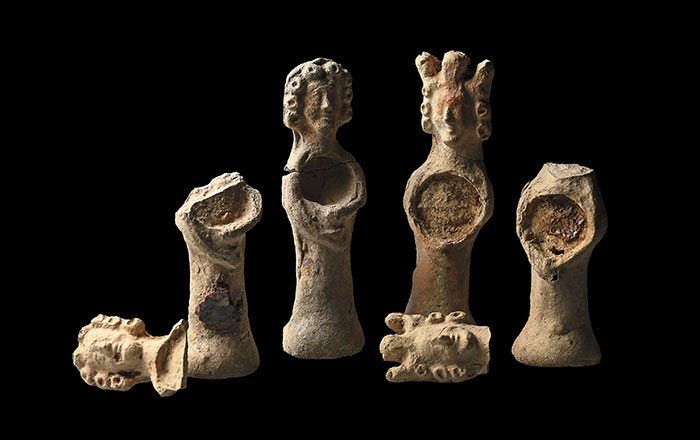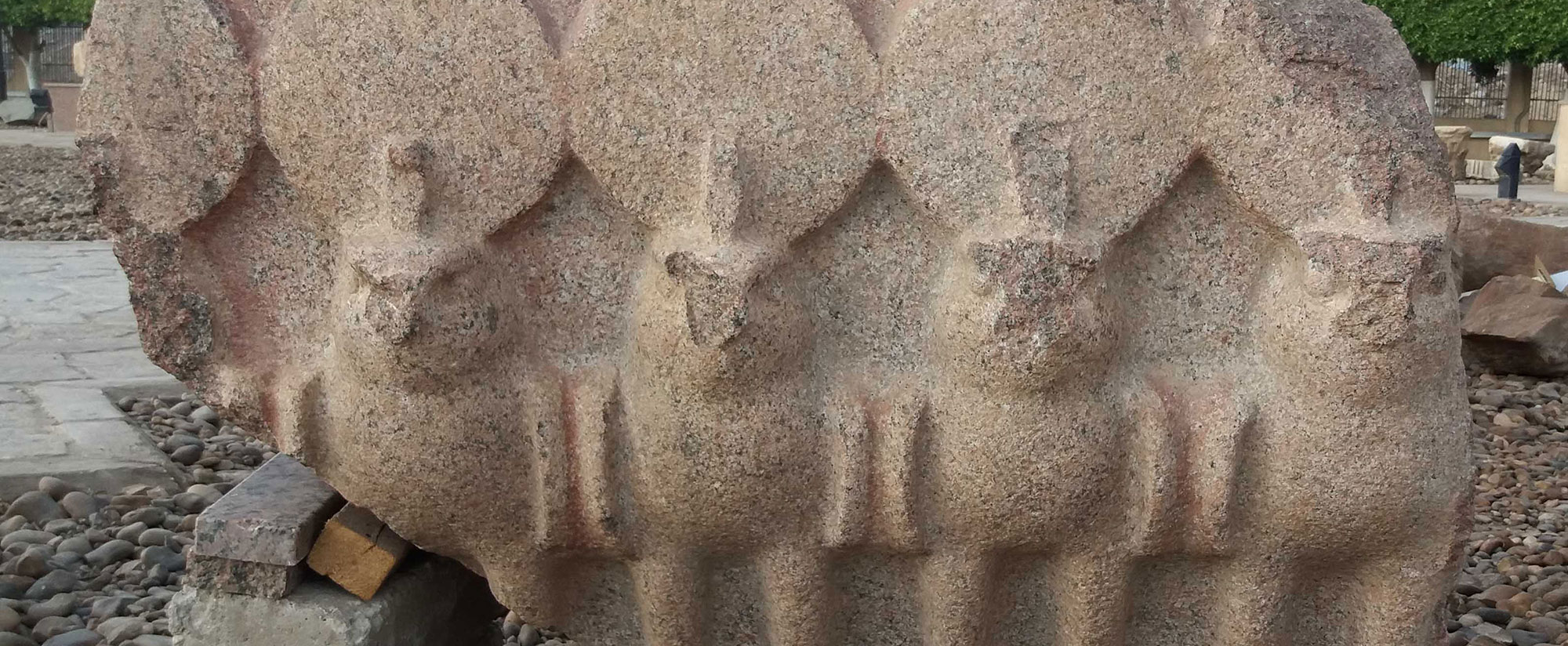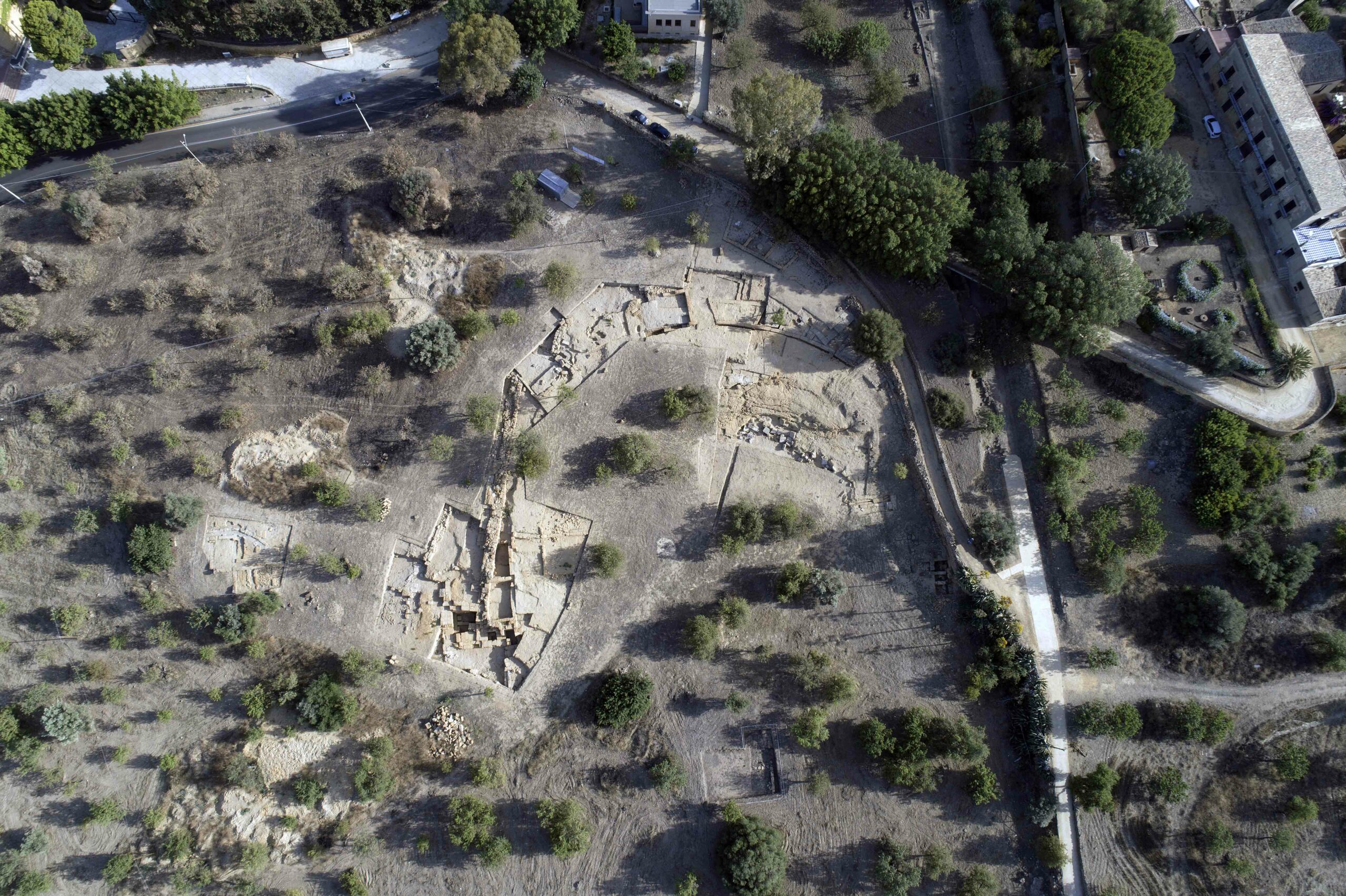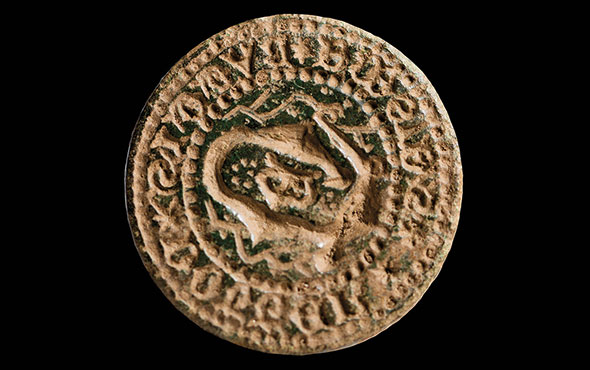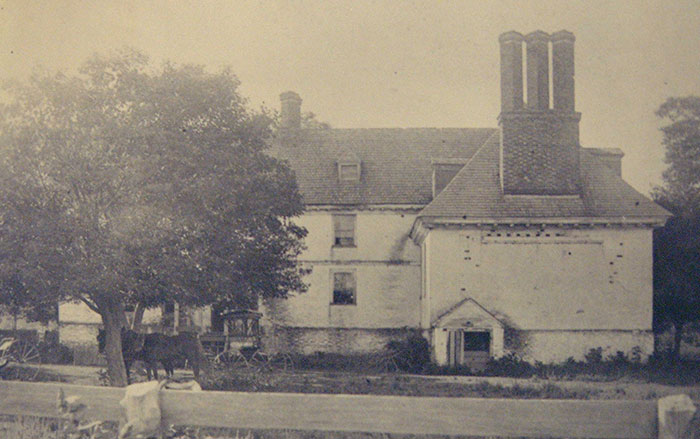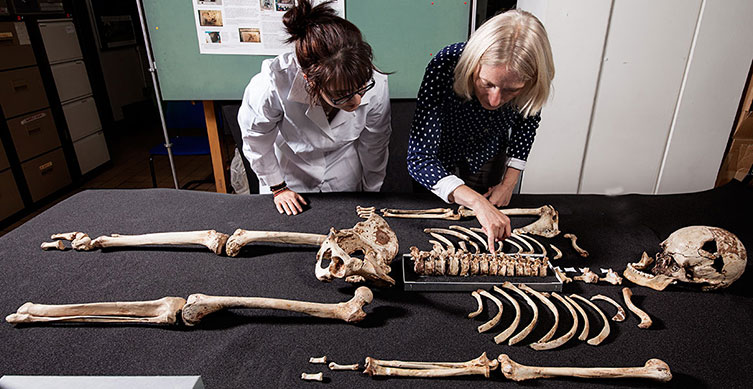
LONDON, ENGLAND—According to an Associated Press report, a genetic study of human remains dating to as early as 8500 B.C. indicates that early farmers from the region around the Aegean Sea arrived in Britain some 6,000 years ago and replaced the local hunter-gather population. Previous studies have suggested these same early farmers mixed with local populations as they dispersed across continental Europe, and those who reached Britain were genetically similar to those living in Spain and Portugal. It appears, however, that the farmers did not mix with the Britons. “It is difficult to say why this is, but it may be that those last British hunter-gatherers were relatively few in number,” said Mark G. Thomas of University College London. “Even if these two populations had mixed completely, the ability of adept continental farmers and their descendants to maintain larger population sizes would produce a significant diminishing of hunter-gatherer ancestry over time.” For more on Europe's early farmers, go to “The Neolithic Toolkit.”


